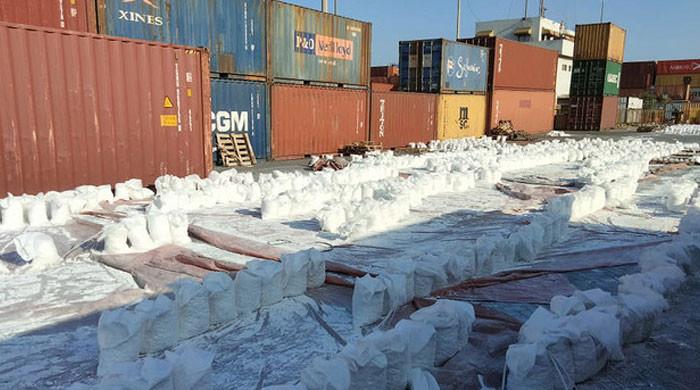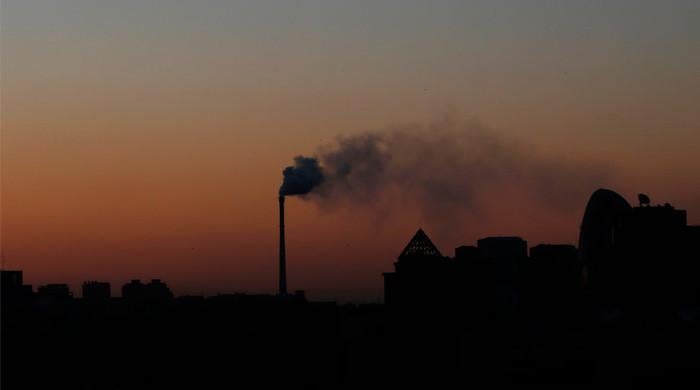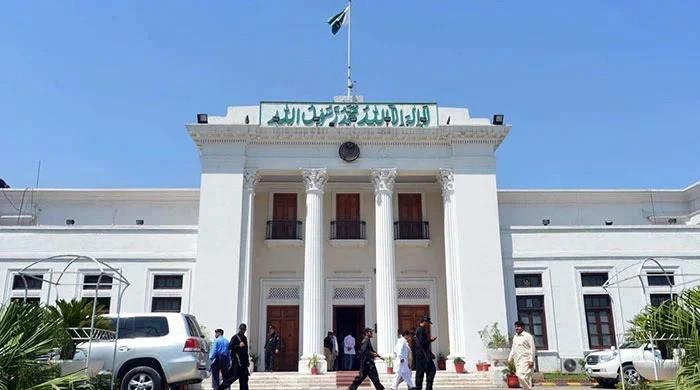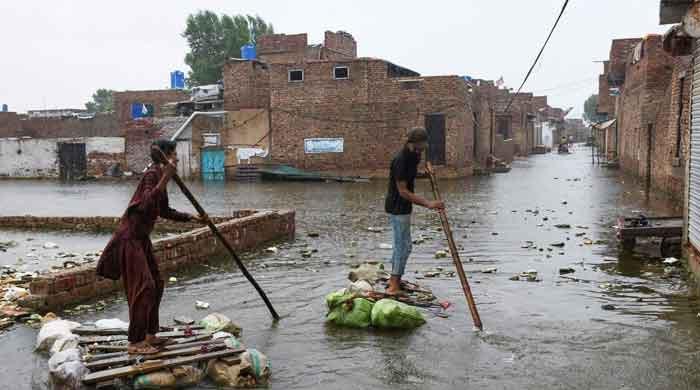John McCain’s changed stance on Pakistan
It seems that Pakistan’s effort, over several years, to befriend Republican Senator John McCain has not paid off. One is forced to draw the conclusion after a recent statement by...
July 15, 2017
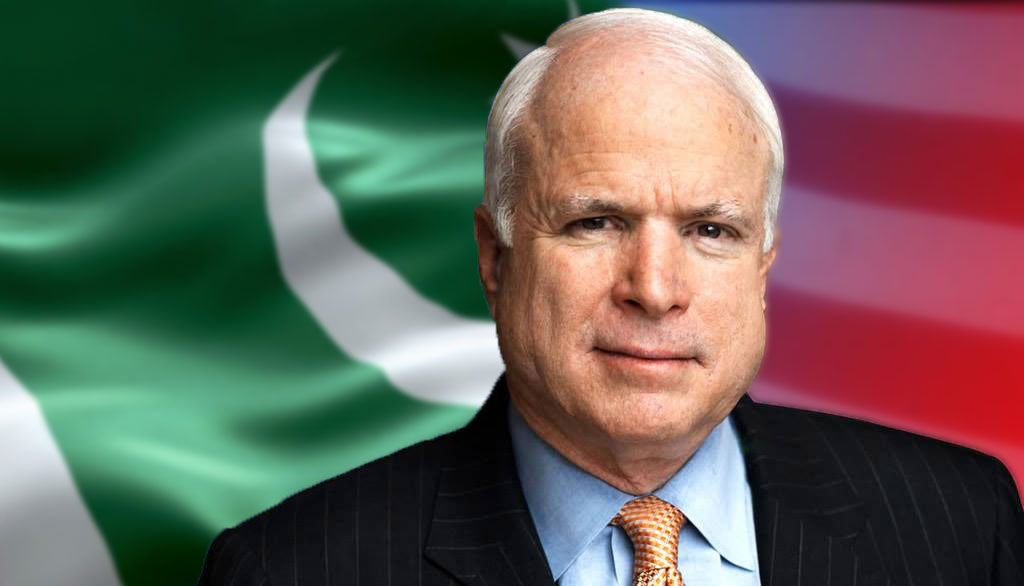
It seems that Pakistan’s effort, over several years, to befriend Republican Senator John McCain has not paid off. One is forced to draw the conclusion after a recent statement by the 81-year-old at the heels of a trip to Afghanistan and Pakistan, which is unusually critical of Islamabad.
In the past, whenever McCain – who is also the chairman of the US Senate Armed Services Committee – visited, he was given much importance. He met anyone he wanted to meet, including the President, Prime Minister and the Chief of Army Staff. He visited any place he hoped to go to in Pakistan. The Senator was amongst the first foreign dignitaries to visit North Waziristan in July 2016, after it was scrubbed of local and foreign militants. Earlier this month, he was flown, amid maximum security, to South Waziristan along with four other Senators, including another Republican, Senator Lindsey Graham.
But as the delegation landed in Afghanistan both Graham and McCain came down hard on Pakistan. “We have made it very clear that we expect they [Pakistan] will cooperate with us, particularly against the Haqqani network and against terrorist organizations,” McCain warned at a press briefing in Kabul. “If they don't change their behavior, maybe we should change our behavior towards Pakistan as a nation.” (The United State and Afghanistan claim that the Haqqani network still operates from inside Pakistani borders.)
Graham went a step even further. A statement issued by Afghanistan’s Chief Executive Officer, Dr. Abdullah’s office, after his meeting with the US Senators’ delegation quoted the Senator as saying that Pakistan would be rewarded if it changed its policy and punished it if didn’t.
What, one wonders, had prompted McCain to become this critical of our country?
His broadsides were unexpected. In the past the Senator has been generous with his praise of Pakistan’s war on terror. Even during his most recent trip to Waziristan, McCain praised the military’s successful operations, adding that there could be no regional peace without Pakistan’s cooperation.
Could the change in his tone have something to do with the change in Washington, now under the Trump administration? It seems likely.
McCain’s criticism was felt deeply in Islamabad, who considers him as someone with a positive attitude towards the country. Pakistan doesn’t have many friends left in the US Congress. It is for this reason that it actively appeals to the few it does.
But once the shock subsides, it is important to also take McCain’s blunt talk seriously. As a senior US lawmaker he may be privy to information that suggests that Donald Trump plans to get tough with Pakistan. His warning could also be Washington’s way of delivering a stark and clear message through someone considered friendly.
In the past months, there have been several hints regarding a change to the US strategy in the Afghanistan-Pakistan region. An indication of this also comes through US Defence Secretary, James Mattis, who talked about adopting a regional approach to ending the Afghan conflict while finalizing the review of the Trump administration’s Afghan policy. This has been interpreted by sections of the US media as putting pressure on Pakistan to take action against the Haqqani network and to either bring the Afghan Taliban leadership to the negotiation table or to act against it. There has also been talk of increasing drone strikes in Pakistan and of making economic assistance conditional on its performance in the war against terror.
None of these are welcomed changes. It is important for Washington to be mindful of the fact that any review that doesn’t take into account Pakistan’s sensitivities with regard to the Afghan situation is unlikely to make any real impact.
A single policy change – punishing Pakistan – cannot work if there is no consideration of Islamabad’s concerns about the growing Indian footprints in Afghanistan.
And that is not all. The presence of Pakistani militants in Afghanistan intent on destabilizing Pakistan, the divisions in the so-called Afghan unity government that prevent it from undertaking a credible peace process, and the disaffection that unbridled corruption is causing in Afghanistan also needs to be considered if the US is serious about breaking the stalemate in the Afghan war effort and pushing back the Taliban.
- Yusufzai is the Resident Editor of The News International in Peshawar





